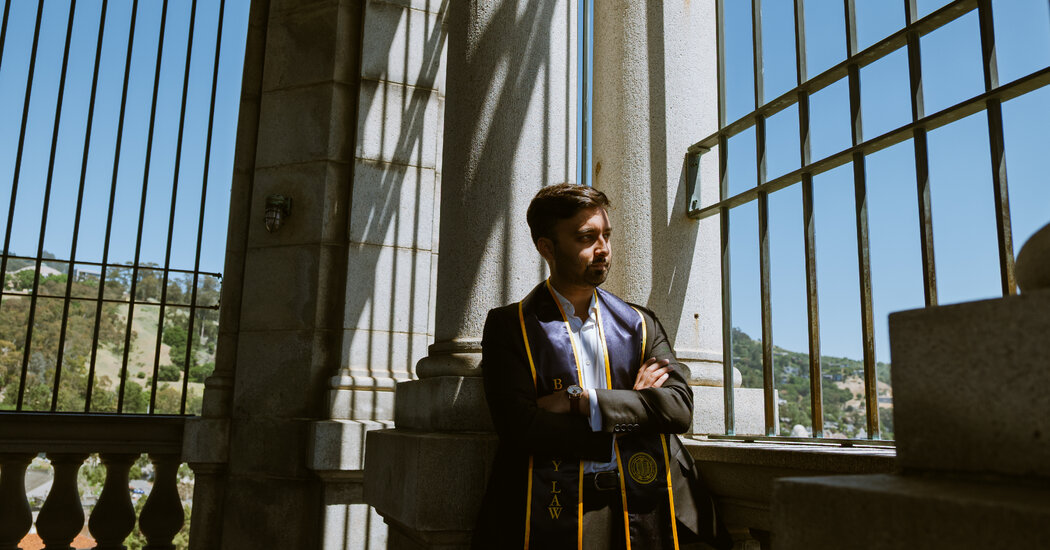For Some International Students, U.S. Dreams Dim Under Trump
For Some International Students, U.S. Dreams Dim Under Trump

Once drawn to American universities as havens, some students from abroad are finding the United States is not the bedrock of free speech they had expected.
Read the full article on NY Times World
Truth Analysis
Analysis Summary:
The article makes a claim about international students' perceptions of the U.S. under Trump. While Verification Source #5 supports the general idea of Trump's policies impacting international students, the specific claim about free speech perceptions is not directly verified. The article exhibits moderate bias through its framing and selective reporting.
Detailed Analysis:
- Claim:** "Once drawn to American universities as havens, some students from abroad are finding the United States is not the bedrock of free speech they had expected."
- Verification Source #5: Supports the idea that Trump's policies ("restrictive migration regime") present "new concerns" for international students. However, it doesn't specifically address the "bedrock of free speech" perception.
- Verification Source #1, #2, #3, and #4: Fail to cover this claim.
- Internal Knowledge: It is plausible that changes in U.S. policies and political climate could affect international students' perceptions of free speech, but without specific data or surveys, this remains unverified by the provided sources.
Supporting Evidence/Contradictions:
- Verification Source #5: "Donald Trump's recent restrictive migration regime – symbolized by border walls, Travel Bans, and Hire American policies – presents new concerns for student…" This supports the general idea that Trump's policies have impacted international students.
- Verification Source #1, #2, #3, and #4: These sources are irrelevant to the specific claim about international students' perceptions of free speech.
- Lack of Coverage: None of the provided sources directly address the claim that international students are finding the U.S. is not the "bedrock of free speech" they expected. This is a significant gap in verification.

